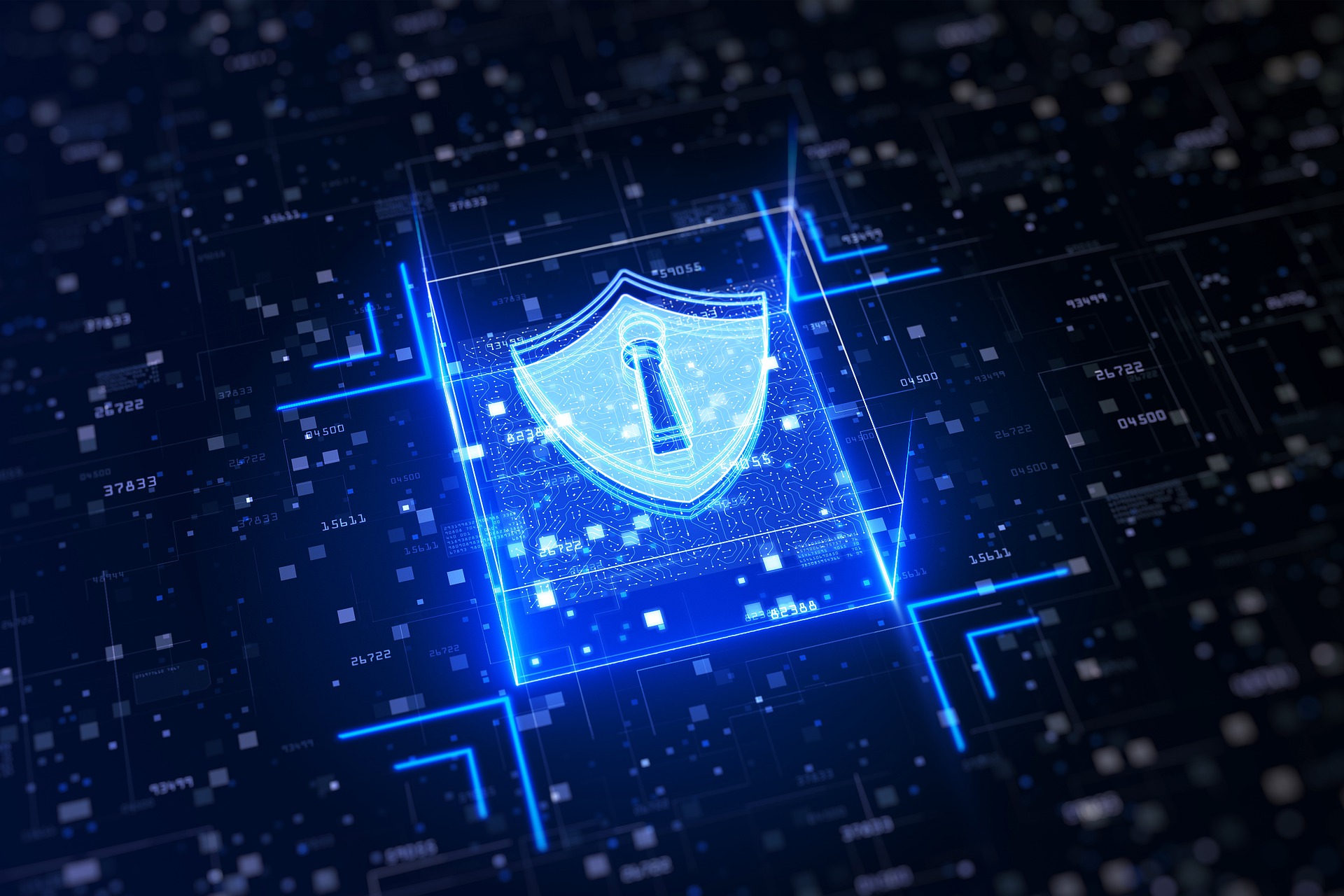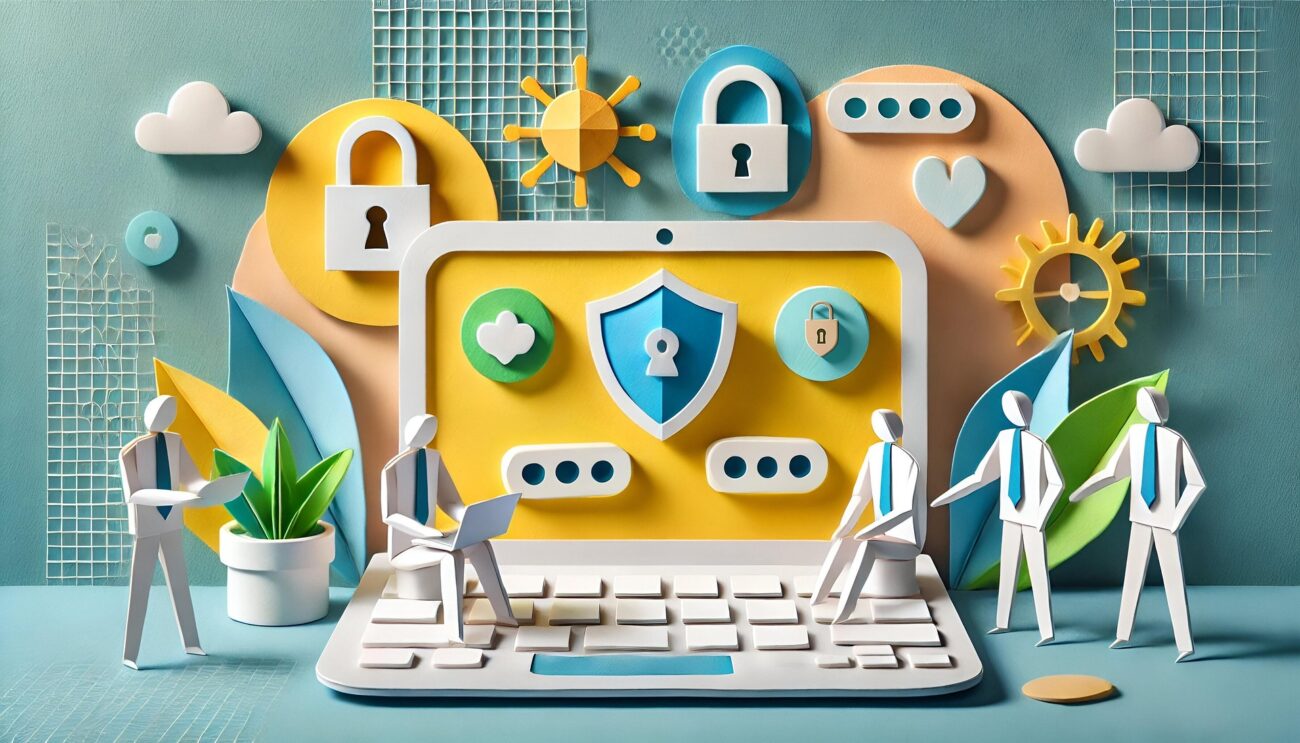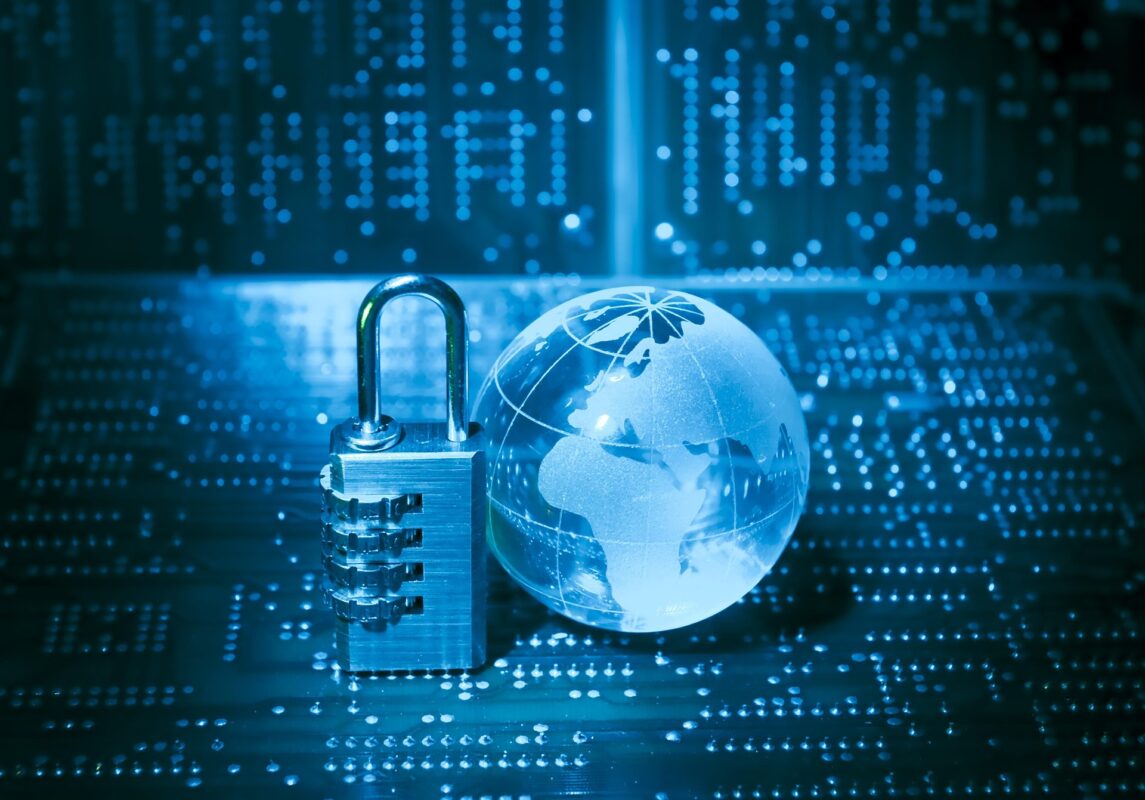
Blog
Google Warns U.S. Retailers Are Next After UK Cyberattack

Your security is under threat — did you know North America is at risk right now?
Recently, a notorious hacker collective known as Scattered Spider has made headlines for launching highly disruptive cyberattacks against major retail companies in the United Kingdom. These attacks have caused significant operational disruptions, exposing serious vulnerabilities in even the most established businesses. Now, cybersecurity experts from Google have warned that similar attacks are likely to target U.S. retail companies. This article explores who Scattered Spider is, why your business—whether large or small—could be at risk, and what steps you should take to protect yourself.
Your Company’s Website Could Be at Risk
Cyberattacks no longer discriminate based on company size or location. If your business operates a website, handles customer data, or processes online payments, it is a potential target. Groups like Scattered Spider are highly skilled at finding and exploiting weaknesses in security systems, often using sophisticated tactics such as social engineering, multi-factor authentication (MFA) bypasses, and SIM swapping. Because of their aggressive and innovative methods, even companies with mature cybersecurity programs can fall victim. The consequences can be severe—ranging from data breaches and ransomware demands to complete disruption of online operations. No matter your business’s size or industry, vigilance is essential.

Why Cybersecurity Is Essential Today
Cybersecurity is not just an IT issue; it is a critical component of overall business risk management. Cyberattacks can lead to stolen sensitive data, financial losses, and long-term damage to your company’s reputation. Beyond direct impacts, a security breach can affect customers, suppliers, and partners, causing ripple effects throughout your business ecosystem. Moreover, regulatory bodies are increasingly imposing strict requirements for data protection, with heavy penalties for non-compliance. In this interconnected world, cybersecurity safeguards your business continuity and builds trust with stakeholders.

How Big Corporations Are Targeted
Large retail companies are often targeted because of the value of their customer data and the complexity of their operations. Cybercriminals frequently begin their attacks by manipulating employees through phishing emails or other social engineering methods to gain initial access. From there, they exploit system vulnerabilities, bypass MFA, and escalate privileges to take control of key infrastructure. The recent attack on the British retail giant Marks & Spencer is a prime example: since April 25, their online services have been frozen, causing significant financial damage and inconveniencing thousands of customers. Such incidents highlight that even companies with advanced security measures are vulnerable when attackers innovate and adapt. In the past, there have been cases where major supermarket chains suffered leaks of corporate and customer information, leading to the resignation of their CEOs taking responsibility. Shockingly, the breach started because an air conditioning installation company was infected with a virus, which then spread within the company, resulting in the data leak.
Therefore you never know where the leak might come from — and you may already be on the attackers’ target list.

What About Small and Medium-Sized Businesses?
Many small and medium-sized enterprises (SMEs) mistakenly believe that they are “too small to be targeted.” Unfortunately, this is a dangerous misconception. SMEs often have fewer resources to dedicate to cybersecurity and tend to have less mature defenses, making them attractive targets. Additionally, many SMEs serve as suppliers or partners to larger corporations. This interconnectedness means attackers may use smaller companies as entry points to breach larger, more lucrative targets. Therefore, cybersecurity negligence by SMEs not only threatens their own survival but also the security of the wider business network.

How to Protect Your Business
Protecting your business from threats like Scattered Spider requires a comprehensive and proactive approach:
- Employee Training: Regularly train staff to identify phishing attempts and social engineering tactics, which remain common attack vectors.
- Strong Authentication: Implement multi-factor authentication (MFA) across all critical systems, and enforce strong, frequently updated passwords.
- Network Monitoring: Utilize advanced monitoring tools to detect suspicious activity early and respond quickly.
- Incident Response Plan: Develop and test detailed plans for how to respond if a breach occurs, minimizing damage and downtime.
- Security Audits and Penetration Testing: Regularly assess your systems for vulnerabilities and patch them promptly.
- Third-Party Risk Management: Ensure that your partners and suppliers also meet cybersecurity standards to avoid indirect exposure.

Cybersecurity and Corporate Responsibility
Cybersecurity has become indispensable not only for large corporations but for businesses of all sizes. It is no longer just about protecting data; it directly impacts a company’s reputation and overall value due to due diligence requirements. Since around 2020, cybersecurity has been added as a key evaluation criterion during due diligence processes. As a result, even companies that previously had no issues have seen their evaluations decline because of cybersecurity shortcomings.
It is now clear that from small and medium-sized enterprises to major corporations, cybersecurity measures are essential to maintain trustworthy business relationships. Alongside this, corporate social responsibility (CSR) has also become a major focus in due diligence, especially how companies responsibly address environmental issues as part of their growth strategy.
At Carbon Da Capo, we provide businesses with effective ways to offset their CO₂ emissions through carbon credits. We tailor offset solutions to fit your brand’s unique values and goals. Together, we can work towards a better and more sustainable environment.
